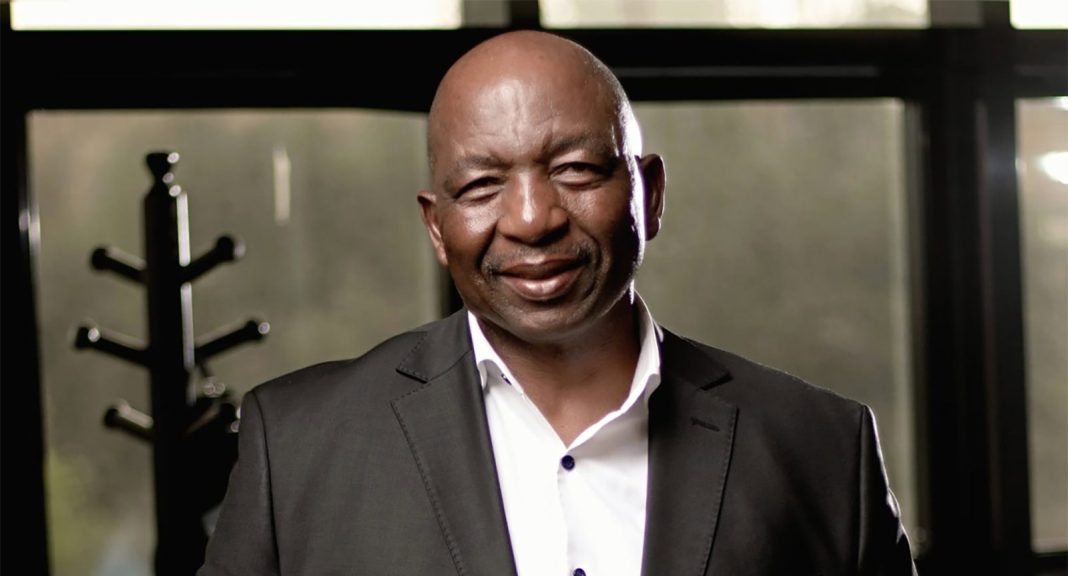An organisation for lawyers has threatened to take legal action against the army if it does not publicly retract a recent statement made by deputy commander, Major General Matela Matobakele, suggesting that lawyers and judges should be brutalised for doing their work.
The history of Lesotho is abound with instances of the army giving the middle finger to democratic order. However, this latest assault on the constitution and the rule of law takes the cake.
There is no need to remind the army of their role in a democracy. However, let’s just play around with some facts, anagrammatic truths.
The rule of law is based on key democratic principles, such as equality before the law, accountability to the law, separation of powers and participation in decision making. Like democracy, the rule of law is a principle of governance anchored in participatory and consultative processes.
The principle that civilians should control the military dates back hundreds of years. Countries that embrace it have determined that an accountable and apolitical military is best able to provide security without falling for the temptation to grab power.
This and other concepts were enshrined in the African Union charter in 2007, which calls for “constitutional civilian control over the armed and security forces to ensure the consolidation of democracy and constitutional order.”
The military fills a special place in our society. The military should be an institution of the people. But in many ways, the military also stands apart as a separate society. Military activities also impact civilian life just as the evolving legal norms that govern civilian life invariably pose conundrums for a military that must maintain the martial values.
Are we making sense, officers?









